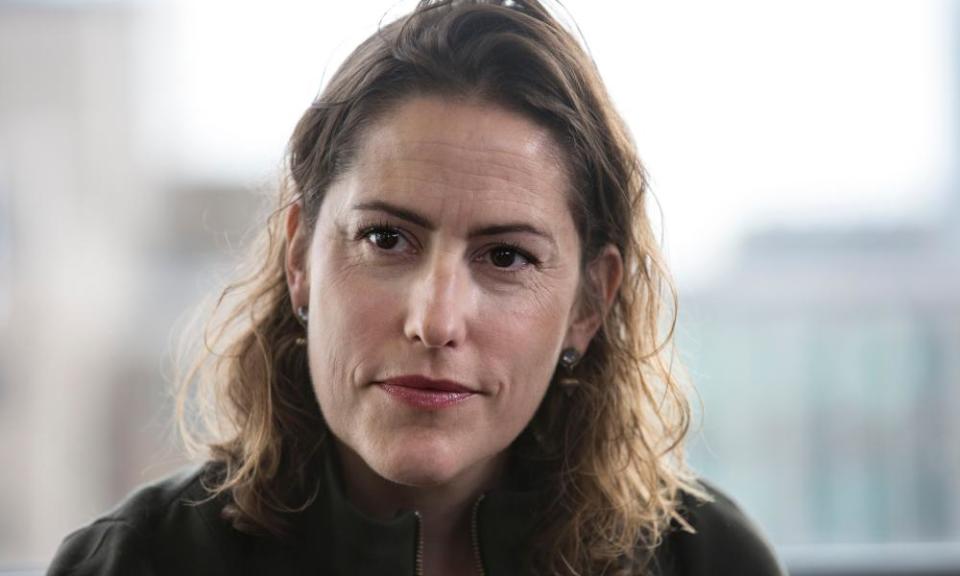Sexual harassment victims to take part in government survey

Ministers are to survey thousands of victims of sexual harassment to strengthen protections for workers.
Victims of sexual harassment are being urged to share their experience in what the Government Equalities Office has described as one of the largest surveys of its kind ever to be carried out.
The survey will allow victims to have an impact on government policy, and ensure those policies are targeted in the right places.
Victoria Atkins, minister for women, said: “Sexual harassment is wrong and survivors must be able to share their stories. This survey will help us build a clear picture of who is affected and where. Working together with business, we can stamp it out.”
Atkins defined sexual harassment as “behaviour of a sexual nature which intimidates or causes distress or humiliates the person to whom its directed”.
Speaking on the BBC’s Breakfast programme, she said: “I have suffered sexual harassment. I’m not going to be drawn on the details because I’m not going to be defined by the grubby behaviour of the men that behaved like that towards me.
“But the huge benefit of this survey is that it’s anonymous, it’s confidential, so people can share their stories in a way that they can feel safe that the data is just going to be used to help us with policy.”
Speaking later on LBC she said “common sense” was required when determining what was classified as sexual harassment in the workplace. Giving an example, she said: “Yesterday, I was wearing a very colourful skirt and everybody was saying how wonderful it looks. I did not take that as sexual harassment.
“But I was telling officials that, after a public appearance, I had an individual email about my footwear. It was in a way that showed a great interest in my footwear. And that was something that made me feel uncomfortable.
“I think common sense here will prevail and we just want to gather the evidence to see how people react to different types of behaviour.”
The Government Equalities Office cites a 2017 ComRes survey that found 40% of women and 18% of men had experienced unwanted sexual behaviour at work at some point.
Atkins said the survey, which has 15 categories of behaviour, was not a debate about wolf-whistling.
The Equality and Human Rights Commission this week published a draft version of a code of practice that advises employers on how to make their workplace safe from sexual harassment.
The TUC general secretary, Frances O’Grady, said: “This is an important survey that will help us all understand the scale of sexual harassment in our workplaces.
“The next step must be to change the law so that responsibility for preventing harassment at work sits with employers, not victims.”

 Yahoo News
Yahoo News 